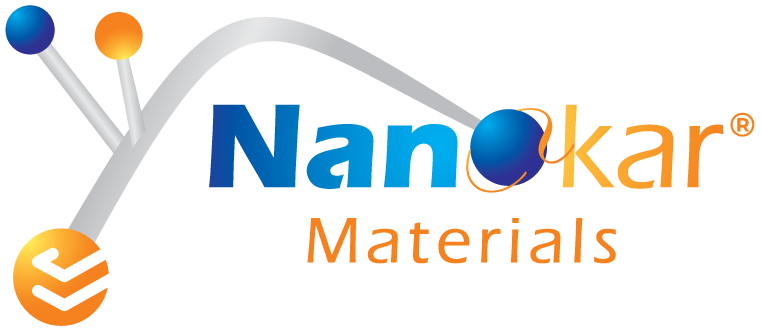What is Aluminum Zirconium Alloy Powder?
Aluminum Zirconium Alloy Powder (Al-Zr alloy powder) is a specialized metallic powder composed primarily of aluminum (Al) and zirconium (Zr). Renowned for its exceptional mechanical strength, corrosion resistance, thermal stability, and lightweight properties, Al-Zr alloy powder is widely employed in industries such as aerospace, automotive, additive manufacturing (3D printing), and advanced metallurgy.
Chemical Properties and CAS Number
-
Product Name: Aluminum Zirconium Alloy Powder
-
Chemical Formula: Al-Zr
-
Main Components: Aluminum (Al), Zirconium (Zr)
-
CAS Number:
-
Aluminum (Al): 7429-90-5
-
Zirconium (Zr): 7440-67-7
-
-
Appearance: Grey or silvery metallic powder
-
Density: Typically 2.7–6.5 g/cm³ (depends on composition)
-
Particle Size: Micron-sized (customizable)
-
Melting Point: 660°C–1850°C (varies by Zr concentration)
-
Purity: 99%–99.9%+
Applications of Aluminum Zirconium Alloy Powder
-
Additive Manufacturing: Producing lightweight and high-performance parts for 3D printing applications, especially in aerospace and automotive sectors.
-
Aerospace Components: Manufacturing turbine blades, rocket housings, structural parts, and engine components.
-
Automotive Industry: Used in lightweight structural parts, heat-resistant engine components, and performance-critical applications.
-
Surface Coatings: Anti-corrosion, heat-resistant, and wear-resistant coatings in industrial applications.
-
Powder Metallurgy: Production of components demanding high strength, stability, and resistance to extreme conditions.
-
Electronic Devices: Utilized in specialty electronics for thermal management and stability in advanced circuits.
Pricing of Aluminum Zirconium Alloy Powder
Prices depend on purity, particle size, quantity, and specific alloy composition:
-
Laboratory/R&D Grade: $200–$800 per kilogram
-
Industrial/Commercial Grade: $1,000–$3,000 per kilogram
-
Customized Alloys: Price available upon request
Factors Affecting Price
-
Particle size and distribution
-
Alloy composition (Zr percentage)
-
Purity and quality standards
-
Order quantity and packaging requirements
-
Special processing or treatments (e.g., passivation, surface modification)
